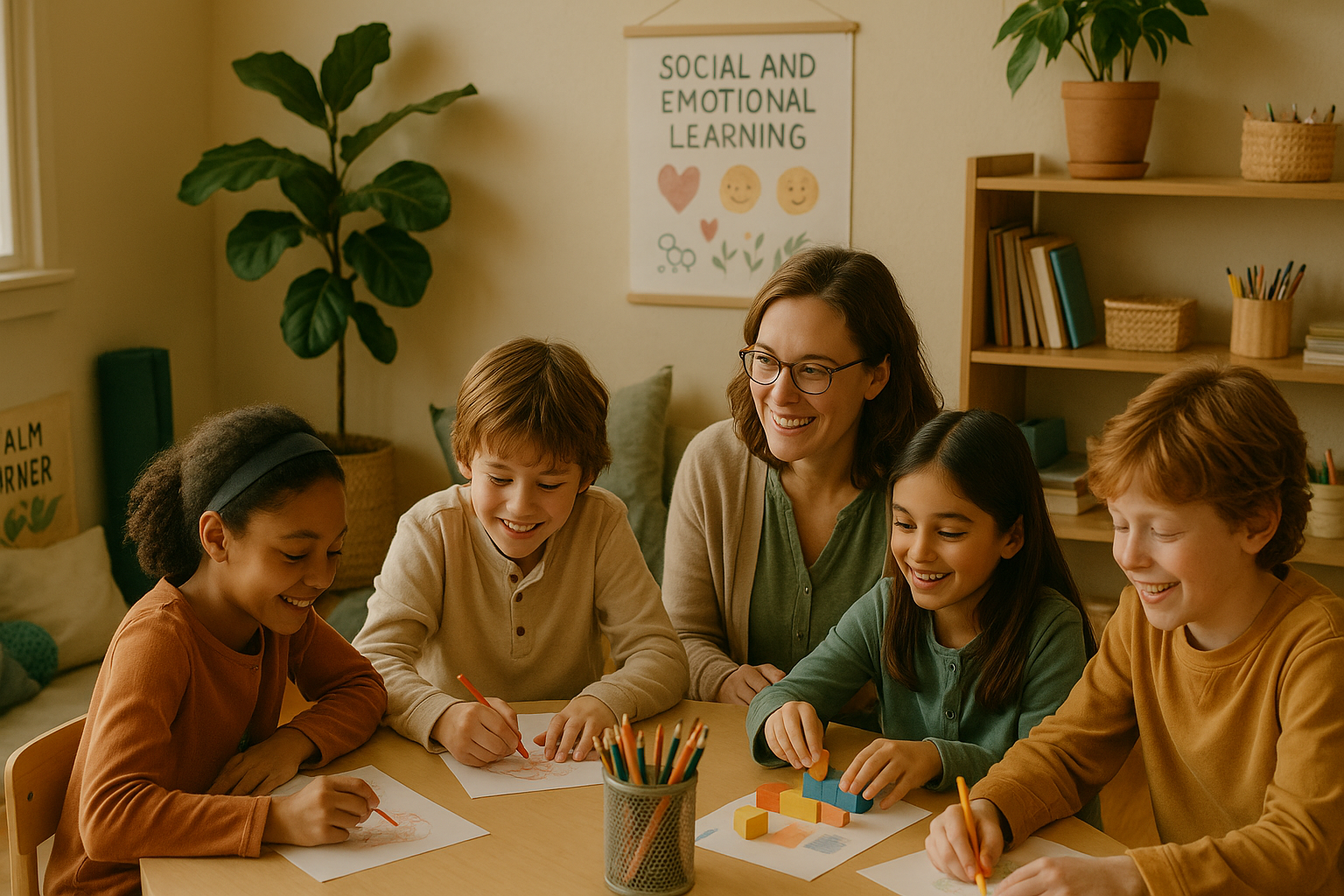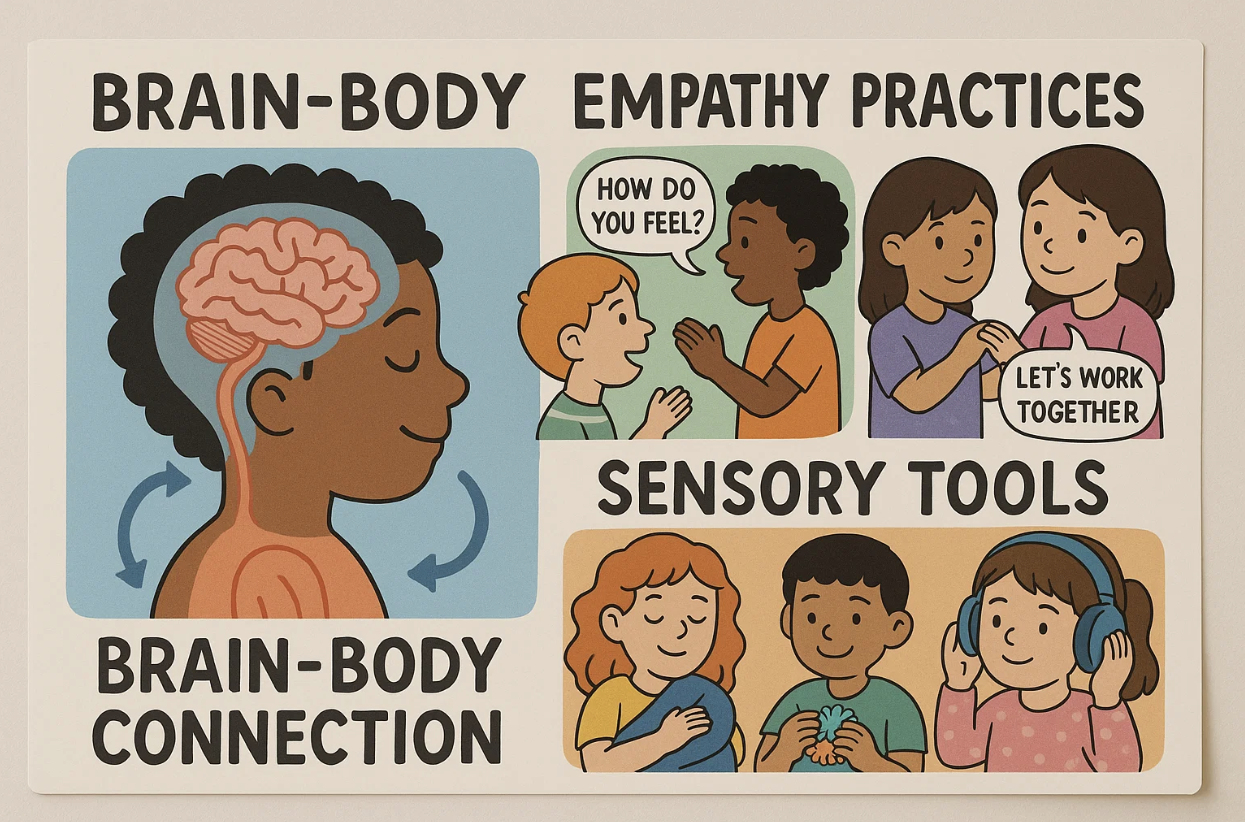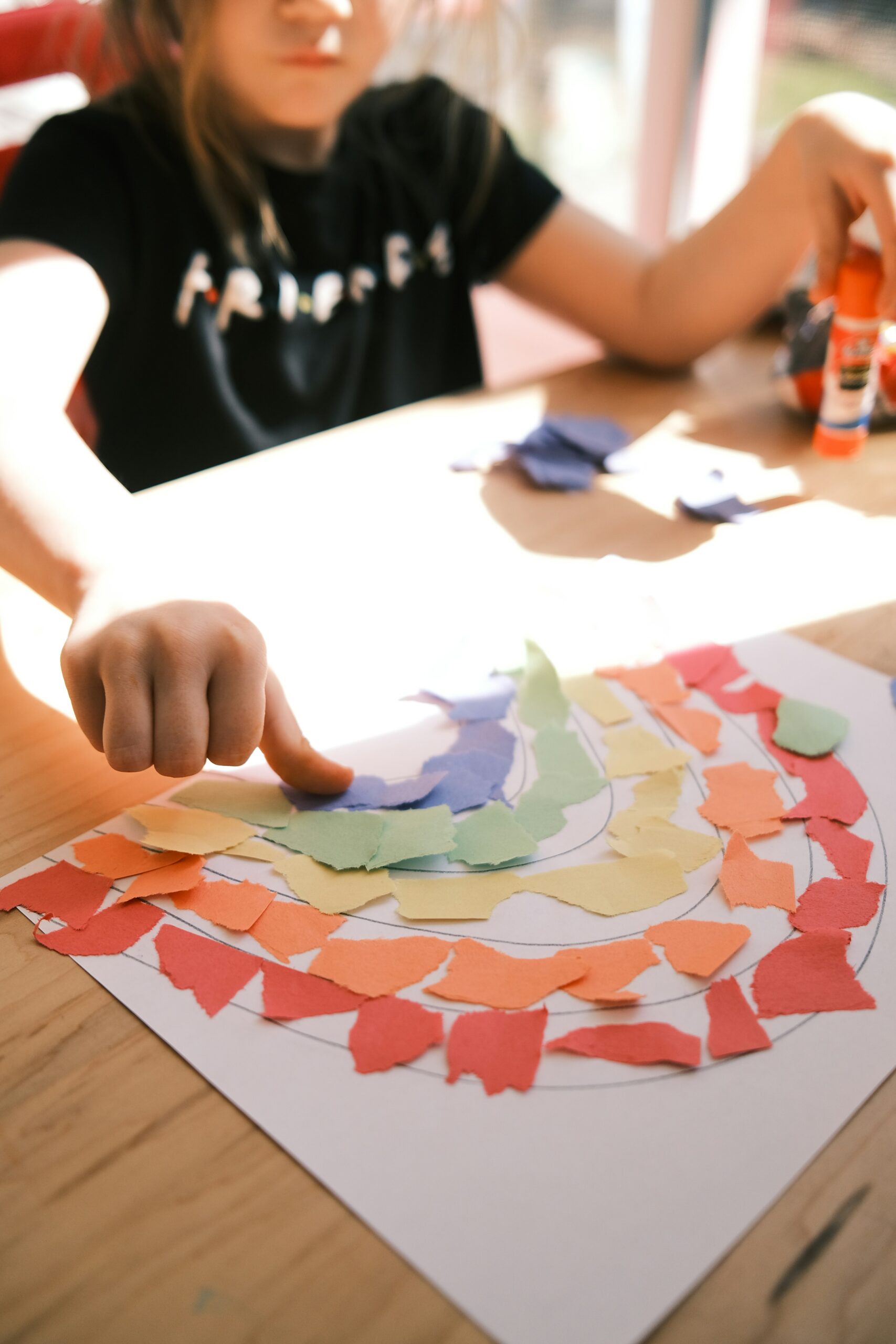Smart isn’t enough anymore. Emotionally mature is the goal.
In today’s fast-paced, screen-filled world, raising emotionally intelligent children isn’t just beneficial—it’s essential. Emotional intelligence (EQ) helps kids build healthier relationships, handle challenges with resilience, and develop a grounded sense of self. At Trauma Free Tree, we believe in giving families tools, not just talk. Here’s how you can nurture emotional intelligence at home.
What Is Emotional Intelligence?
Emotional intelligence is the ability to understand, express, and regulate emotions—both your own and others’. For kids, this translates to knowing how to name their feelings, talk about them safely, and respond with empathy rather than outbursts.
Unlike IQ, which focuses on knowledge, EQ is about connection and self-regulation—two skills that are especially critical for children recovering from trauma or navigating big emotions.
The Hidden Cost of Constant Stimulation
Screens are everywhere—TVs, tablets, phones. While they can entertain and educate, too much screen time can dampen emotional awareness. Constant digital stimulation can numb children’s ability to sit with their feelings or read social cues from others.
What’s more, overstimulation may mimic the physiological symptoms of stress. Kids may become more reactive, less patient, and more prone to emotional outbursts—all signs that their inner world needs attention.
Parenting with Emotional Regulation
Children model what they see. When parents respond to stress with calm, boundaries, and curiosity, children learn to do the same. Here are three practical ways to foster emotional intelligence at home:
1. Name Emotions Together
Use a feelings wheel or chart to help your child put words to their emotions. “It looks like you’re frustrated. Want to tell me more?”
2. Practice Calming Techniques
Try belly breathing, five-finger grounding, or quiet time in a cozy space. Every deep breath is a new beginning.
3. Coach, Don’t Correct
Emotional coaching means helping kids understand what triggered a reaction and guiding them toward better choices next time. It’s not about punishment—it’s about partnership.
Why It Matters
At Trauma Free Tree, we combine K–12 academics with social-emotional learning because we know healing and learning go hand in hand. When kids feel safe and understood, they’re not just smarter—they’re more resilient, connected, and confident. In a world that often rewards speed and smarts, let’s raise kids who are also kind, aware, and emotionally wise.








